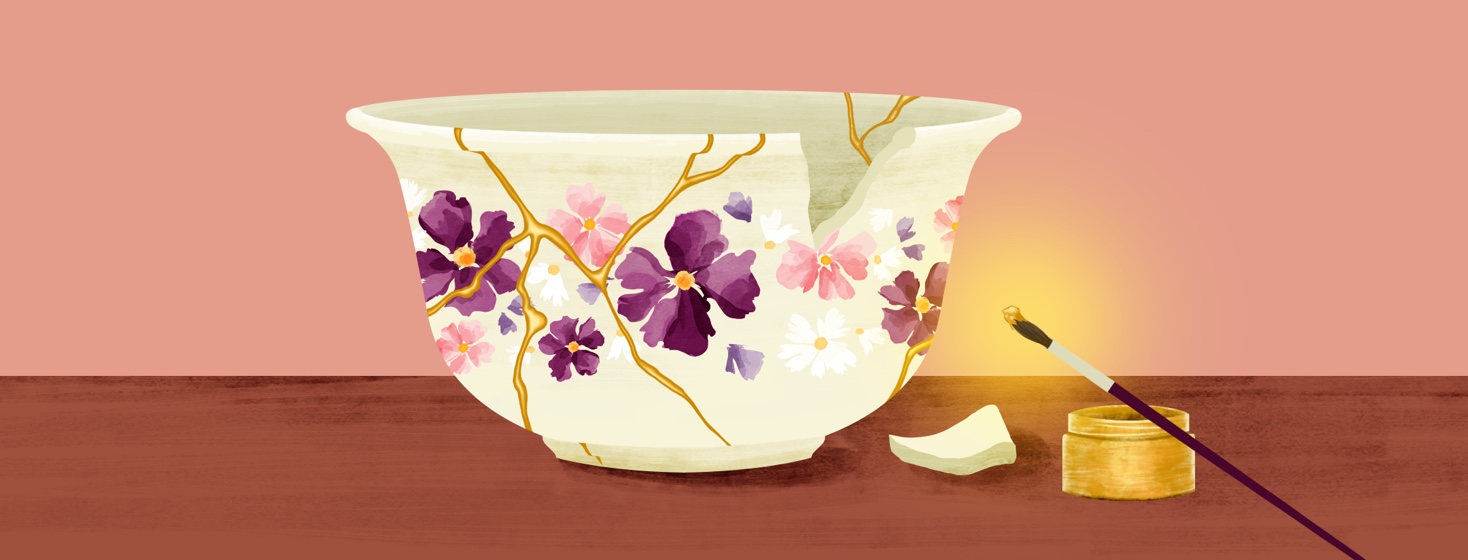Finding a New Normal While Keeping Hope
Some people walk into your life and forever change the fabric of who you are. You can mark that date down on your jumbled planner, and look back knowing that you will never really be the same. Some come in like a wrecking ball, and some flit in like a gentle breeze. Life and circumstance may fling you together or toss you collectively against a brick wall. You may be better off for knowing them. You may be worse from the wear. You may be broken, bruised, or stitched back together by the force. One thing is for certain. You will be forever changed.
I’d gladly argue that the same thing that happens with unanticipated visitors also happens with chance and circumstance that unfolds in your life. Life has a way of knocking you down, dragging you through the mud, and lifting you back up just before you drown face down. A diagnosis, a death, an irreconcilable fight. They all mark points along our lives’ timelines. You may be one person before and another after each of those big, pivotal events.
Getting used to a new normal
So, what can we do with these massive life-altering obstacles and/or blessings? Find a new normal. Flood waters recede, the dust settles, and we pick up the pieces and make something new. There’s a Japanese art called “kintsugi.” Broken vases and pottery aren’t tossed away, but repaired with gold. This makes them stronger at the weakened points and more precious than they were to begin with. They don’t treat the break as a flaw, but as an important part of the story of the piece.
Life goes on after life-altering events
If you’re finding yourself shipwrecked by this “social distancing” thing we have to all endure, or if you’re panicked by the nursing home outbreaks, or if you’re just now being thrown into being a parent to your parent, or if you just received a life-altering diagnosis, remember that life does go on in some form or another. You may not be able to find it through binoculars yet. You may have had your rose-colored glasses crushed into a million pieces, but there is hope on the other side. Chances are that you are more malleable, more resilient, and stronger than you think.
You will adapt, adjust, evolve, or whatever it takes. You’ll create new interactions, new ways to communicate, new schedules, and new memories. Daddy was never the same after his dementia diagnosis. We weren’t the same either. But, like Daddy told me at a particularly delicate moment in my life, he didn’t love me any less. We didn’t love him any less either. He changed. The banter changed. Our exchanges were altered. Our relationships with him became different. Not worse, just different.
Love is the glue that keeps it all together
Whatever you have been through, it’s important to embrace the pieces that are left and form new bonds at the weak parts. The love you have for your loved ones is enough glue to keep it all together. In the end, you may be stronger for living through it. They may be stronger for having you. You may all look like you just crawled out of Uncle Henry’s storm cellar, but the sun will come out again. Watch for it peeking through the dark clouds’ silver linings. In the words of Harvey Milk, “Hope will never be silent.” So, listen for the whispers, guys.

Join the conversation